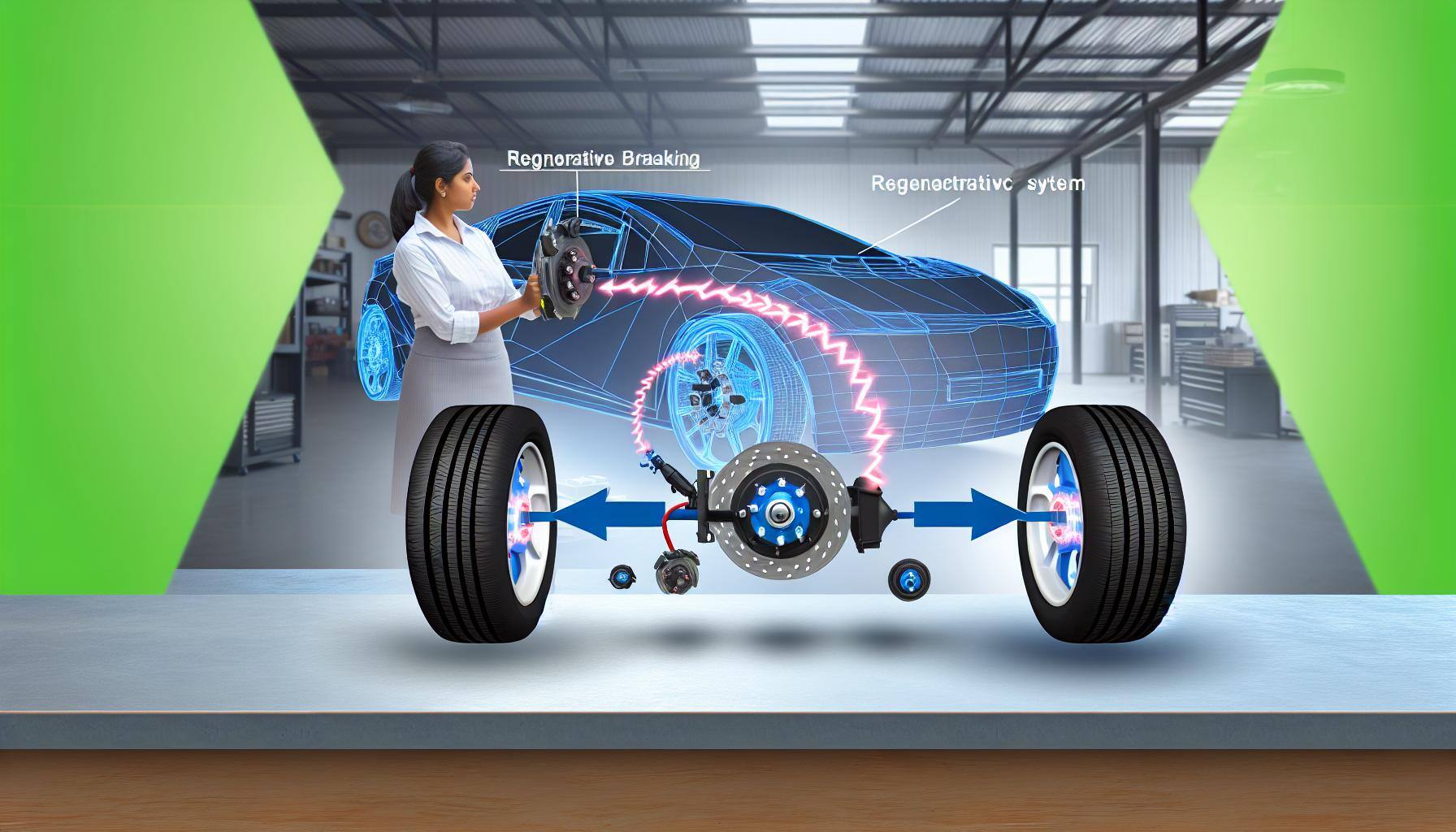Commercial Fleet Management: Strategies, Tools & Tips
Commercial fleet management plays a vital role in keeping businesses running smoothly, especially in industries like transportation, logistics, and...
Keep an eye on the road
Simplify your driver's routine
For efficient decision making
Ensure the compliance of your fleet
Simplify the daily life of your drivers
Maximize the value of your data
Unparalleled monitoring of your assets
The friendly competition that pays off
Planning powered by data
Exceed your customers' expectations
Provide better service to your users
Maximize the satisfaction of your citizens
Simplify your daily life on the construction site
Facilitate the electrification of your fleet
Our experts meet your needs
Easily meet the standards
Improve the safety of your drivers
Protect your data and your fleet
2 min read
Patrick Vallerand
Aug 16, 2024 3:42:14 PM

It's a question I still ask myself today: we know that there is an impact on driving habits, and therefore on the use of regenerative braking. But how can we plan for this impact, given that it varies from driver to driver, from journey to journey, and from day to day? When calculating energy consumption per 100 kilometers driven, should we include or exclude regenerated energy from the total energy consumed? Here's why these questions are important, and why it's crucial to understand the data that's increasingly being shared with you.
This week, I was working on a dashboard for a project. The aim of this project is to share test data under real-life conditions in Quebec. So I need to make sure that the data is reliable and rigorous. By examining and comparing my data, I noticed a huge difference: for one month's use, I had a difference of 20 kWh/100 km for the same vehicle.
On further investigation, I realized that my comparison excluded regenerated energy from the calculation. So, if I make a 100 km journey where 60 kWh were consumed and I regenerated 10 kWh during the journey, according to my calculation, I have a consumption of 60 kWh/100 km, but according to my reference, we have a consumption of 50 kWh/100 km.
At first glance, you might think I'm right. But let's take a step back.
Let's say we look at this from an economic perspective. If we're drawing up budgets and need to estimate energy costs for transport next year, we look at consumption per 100 km and apply it to the projected mileage based on next year's operations. How do you calculate the energy recovered by regenerative braking? Since it's variable, you have to apply it by route and use. In the example above, in reality, my operating cost is 50 kWh/100 km, because I didn't pay for the 10 kWh regenerated during the trip.
Now let's look at the operational perspective. I plan my routes. Now that I've electrified my fleet of vehicles, I have to take into account the distance travelled to avoid breakdowns. If I rely on calculations without including regenerated energy, I run the risk of running out of range. If my driver doesn't have good driving habits, if there's less traffic than usual, or if the regeneration is faulty on the vehicle, etc., I run the risk of running out of range. Service reliability is essential for a carrier. But on the other hand, electric vehicles cost more, and to make them profitable, I need to use them on the longest possible routes to generate maximum savings.
In my opinion, both methods are valid, but it's essential to fully understand the data before forming an opinion. This is just one example of how misinterpretation can lead to problems and dissatisfaction. It's often said that numbers can be made to say anything, and I tend to agree. In recent years, we've been increasingly confronted with “fake news”, and I believe it's the responsibility of all of us to understand the subject, to take the time to understand the logic applied to the figures we're given before making a decision. On that note, I think I'll share both types of data in my dashboard as they are both important.

Commercial fleet management plays a vital role in keeping businesses running smoothly, especially in industries like transportation, logistics, and...

In fleet management, fleet compliance services play a much bigger role than just checking a box. They’re about keeping your drivers safe, your...

Trucking has always come with its fair share of challenges, from road safety and liability issues to managing fleet efficiency. As the industry...